Home>Home Maintenance>Who Schedules Home Inspection For Buyers


Home Maintenance
Who Schedules Home Inspection For Buyers
Modified: March 6, 2024
Need a home inspection for buyers? Find out how our expert team schedules and organizes thorough inspections to ensure your home maintenance needs are met.
(Many of the links in this article redirect to a specific reviewed product. Your purchase of these products through affiliate links helps to generate commission for Storables.com, at no extra cost. Learn more)
Introduction
When it comes to buying a new home, one of the most crucial steps in the process is the home inspection. A home inspection helps buyers uncover any underlying issues or potential problems with a property before making the final decision to purchase. It not only provides peace of mind but also ensures that buyers are making an informed investment.
In this article, we will explore the importance of home inspections for buyers and discuss who is responsible for scheduling this vital process. We will also delve into the roles of the buyer’s agent and the seller in ensuring a smooth and efficient home inspection. Furthermore, we will highlight the importance of open communication between all parties involved, as well as the key factors to consider when scheduling a home inspection.
Whether you are a first-time homebuyer or have experience in real estate transactions, understanding the ins and outs of home inspections is essential. So, let’s dive into this vital aspect of the home buying journey and find out who schedules the home inspection for buyers.
Key Takeaways:
- Scheduling a home inspection is the buyer’s responsibility, but they should work with their agent to coordinate the process. Open communication and timely scheduling are crucial for a smooth inspection.
- Hiring a professional home inspector provides buyers with expert insights, cost estimates for repairs, and peace of mind. It’s a small investment that can save time, money, and future headaches.
What is a Home Inspection?
A home inspection is a thorough evaluation of the condition of a property. It is conducted by a professional home inspector who examines various aspects of the house, including its structural integrity, electrical systems, plumbing, HVAC (heating, ventilation, and air conditioning) systems, roofing, and more. The purpose of a home inspection is to identify any existing or potential issues that may impact the safety, functionality, or value of the property.
During the home inspection, the inspector will carefully assess both the interior and exterior of the house. They will inspect the foundation, walls, windows, doors, insulation, and check for any signs of water damage, mold, or pests. Additionally, they will inspect the electrical and plumbing systems, ensuring they meet safety standards and are in good working order. The home inspector will also examine the roof for any leaks, damage, or signs of aging. Overall, the goal is to provide buyers with a comprehensive understanding of the property’s condition.
It’s important to note that a home inspection is different from an appraisal. While a home inspection focuses on evaluating the condition of the property, an appraisal determines its value. Appraisals are usually required by lenders to ensure that the property is worth the agreed-upon purchase price.
Following the completion of the home inspection, the inspector will provide the buyer with a detailed report that outlines their findings. This report highlights any issues or areas of concern, accompanied by recommendations for further investigation or repairs. This information allows buyers to make an informed decision about moving forward with the purchase, renegotiating the terms, or even withdrawing their offer if significant issues are discovered.
In summary, a home inspection is a critical step in the home buying process. It provides buyers with valuable insights into the condition of the property, allowing them to make informed decisions and potentially negotiate repairs or price adjustments. Now, let’s explore why home inspections are so crucial for buyers.
Importance of Home Inspections for Buyers
Home inspections play a vital role in the home buying process, offering several important benefits for buyers. Let’s take a closer look at why home inspections are crucial:
- Identifying potential issues: A home inspection allows buyers to uncover any hidden problems or maintenance issues that may not be immediately apparent. This includes issues with the foundation, electrical systems, plumbing, HVAC, and more. By knowing about these issues, buyers can assess the potential costs and decide if they are willing to proceed with the purchase.
- Ensuring safety and peace of mind: A thorough home inspection ensures that the property is safe and habitable. It helps identify any safety hazards, such as faulty wiring, mold, or structural issues. By addressing these concerns before finalizing the purchase, buyers can ensure the well-being of their family and avoid future headaches.
- Budgeting and planning: A home inspection report provides buyers with a detailed overview of the property’s condition. This allows them to plan and budget for any necessary repairs or maintenance in the future. It also helps buyers prioritize which issues need immediate attention and which can be addressed over time.
- Negotiating power: If the home inspection reveals significant issues, buyers can use this information to renegotiate the terms of the purchase. They may request repairs or price adjustments to account for the cost of fixing the identified issues. This gives buyers more leverage in the negotiation process and ensures a fair transaction.
- Long-term investment protection: Buying a home is a significant investment. A home inspection helps protect this investment by ensuring that buyers are fully aware of the property’s condition. It helps prevent unexpected repairs and expenses down the line, ultimately saving buyers time, money, and frustration.
It’s important to note that home inspections are not just limited to older properties. Even newly constructed homes can have undiscovered issues or subpar craftsmanship. Therefore, regardless of the age of the property, a home inspection is a wise investment for buyers.
In the next section, we will explore who is responsible for scheduling a home inspection in a real estate transaction.
Who is Responsible for Scheduling a Home Inspection?
In a real estate transaction, the responsibility for scheduling a home inspection typically falls on the buyer. As the buyer, it is crucial to coordinate with your real estate agent to arrange for a professional home inspection. Your agent will help guide you through the process and ensure that all necessary arrangements are made.
While the buyer is primarily responsible for scheduling the home inspection, it is important to note that the timing of the inspection is typically specified in the purchase agreement or contract. This allows the buyer to complete the inspection within a specific timeframe, usually within a few days or weeks after the contract is signed.
Once the buyer has arranged for the home inspection, it is customary for the buyer’s agent to communicate with the seller’s agent to coordinate the logistics. This includes obtaining permission from the seller to access the property for the inspection. The buyer’s agent will also ensure that the inspection aligns with any other contingencies outlined in the contract, such as financing or appraisal contingencies.
It is important for the buyer to be proactive in scheduling the home inspection and allowing ample time to complete it. This gives the buyer enough time to review the inspection report, discuss any potential concerns with their agent, and potentially negotiate repairs or price adjustments with the seller. Failing to schedule the inspection within the specified timeframe may result in the buyer losing the opportunity to have the property thoroughly evaluated.
While the buyer has the primary responsibility for scheduling the home inspection, it is worth mentioning that the seller also plays a role in facilitating the inspection process. Sellers are typically cooperative in granting access to the property for the inspection and ensuring that it is in a suitable condition for the inspector to conduct their evaluation.
By clearly understanding the responsibilities involved in scheduling a home inspection, the buyer can take the necessary steps to ensure a smooth and efficient process. In the next sections, we will explore the roles of the buyer’s agent and the seller in scheduling and facilitating the home inspection.
Role of the Buyer’s Agent in Scheduling Home Inspections
The buyer’s agent plays a crucial role in the home inspection process, including scheduling the inspection. Here are some key responsibilities of the buyer’s agent:
- Educating the buyer: The buyer’s agent informs and educates the buyer about the importance of a home inspection and guides them through the process. They explain the purpose of the inspection, what to expect, and the necessary steps to schedule and complete the inspection.
- Coordinating with the inspector: Once the buyer has selected a home inspector, the buyer’s agent takes the lead in scheduling the inspection. They communicate with the inspector to determine their availability and arrange a suitable date and time for the inspection.
- Coordinating with the seller’s agent: The buyer’s agent acts as the intermediary between the buyer and the seller’s agent. They communicate with the seller’s agent to obtain permission to access the property for the inspection. They also ensure that the inspection aligns with any other contingencies outlined in the purchase agreement.
- Attending the home inspection: The buyer’s agent typically accompanies the buyer during the home inspection. They facilitate the process, allowing the inspector to access all areas of the property and answer any questions the buyer may have. The agent takes notes and pays close attention to any issues that arise during the inspection.
- Reviewing the inspection report: Once the home inspection is complete, the buyer’s agent reviews the inspection report in detail. They help the buyer understand the findings, explain the implications of any identified issues, and advise on potential negotiation strategies if significant issues are discovered.
- Assisting with negotiations: If the inspection report reveals significant issues, the buyer’s agent assists the buyer in navigating the negotiation process. They advise on whether to request repairs or price adjustments, help draft any necessary addendums to the purchase agreement, and advocate for the buyer’s best interests.
The buyer’s agent is an invaluable resource throughout the home inspection process. They provide guidance, support, and expertise to ensure that the inspection is scheduled smoothly and that the buyer’s interests are protected. By working closely with the buyer’s agent, buyers can navigate the complexities of the home inspection process with confidence.
In the next section, we will explore the role of the seller in scheduling home inspections.
The buyer’s real estate agent typically schedules the home inspection. It’s important for the buyer to attend the inspection to ask questions and understand the condition of the property.
Role of the Seller in Scheduling Home Inspections
While the primary responsibility of scheduling a home inspection lies with the buyer, the seller also plays a crucial role in facilitating the inspection process. Here are the key responsibilities of the seller in relation to home inspections:
- Granting access to the property: The seller must provide the necessary access to the property for the home inspection to take place. This includes coordinating with their real estate agent to arrange a suitable date and time for the inspection and ensuring that the property is accessible to the inspector.
- Preparing the property: It is important for the seller to prepare the property for the home inspection by ensuring that it is clean, clutter-free, and easily accessible. This allows the inspector to thoroughly evaluate the property without any hindrances and ensures a smooth inspection process.
- Addressing any safety concerns: The seller should address any known safety concerns or hazardous conditions in the property before the inspection. This includes fixing faulty electrical systems, repairing broken steps or handrails, and mitigating any potential hazards that could pose a risk to the inspector or the buyer.
- Providing necessary documentation: The seller should gather and provide any relevant documentation related to the property, such as previous inspection reports, maintenance records, warranties, or permits for recent renovations. This information can help the inspector gain a comprehensive understanding of the property’s history and identify any specific areas to focus on during the inspection.
- Cooperating with the buyer’s agent: The seller’s agent acts as the liaison between the seller and the buyer’s agent. The seller should cooperate with their agent and respond promptly to any requests or inquiries regarding the home inspection process. Open communication and cooperation can help ensure a smooth and successful transaction.
By fulfilling these responsibilities, the seller contributes to a seamless home inspection process. Cooperation and transparency from the seller can help build trust between both parties and facilitate a smooth transaction.
It is important to note that while the seller should facilitate the inspection, they are not responsible for making any repairs or changes based on the inspection report. The negotiation of repairs or adjustments is typically handled separately after the inspection and is subject to mutual agreement between the buyer and the seller.
Now that we have explored the roles of the buyer’s agent and the seller in scheduling home inspections, let’s emphasize the importance of open communication between all parties involved.
Importance of Communication between Buyer, Buyer’s Agent, and Seller
Effective communication is crucial during the home inspection process. It ensures that all parties involved have a clear understanding of expectations, timelines, and responsibilities. Here’s why communication between the buyer, buyer’s agent, and seller is so important:
- Coordination and scheduling: Clear communication allows for smooth coordination in scheduling the home inspection. The buyer’s agent should promptly communicate with the seller’s agent to arrange a suitable time for the inspection, taking into consideration the seller’s availability and any other contingencies outlined in the purchase agreement.
- Access to the property: Open communication ensures that the seller is aware of and allows access for the home inspection. The buyer’s agent should communicate the inspection date and time to the seller, and the seller should facilitate access by ensuring that the property is accessible and ready for the inspection.
- Inspection findings and report: Communication is essential when sharing the inspection report and discussing its findings. The buyer’s agent should clearly explain the report to the buyer, highlighting any significant issues or concerns. If necessary, the buyer’s agent can provide guidance on potential negotiation strategies. Open communication between the buyer’s agent and the seller’s agent is also crucial for conveying any repair requests or adjustments based on the inspection report.
- Negotiation and resolution: Effective communication allows for productive negotiation and resolution of issues identified during the home inspection. The buyer’s agent should clearly convey the buyer’s requests or concerns to the seller’s agent, who in turn communicates with the seller. Open and honest communication ensures that all parties are aware of each other’s perspectives, making it easier to reach a mutually agreeable solution.
- Timely responses and updates: Prompt communication is vital throughout the home inspection process. The buyer, buyer’s agent, and seller should respond to inquiries, requests, and updates in a timely manner. This helps to avoid unnecessary delays or misunderstandings and keeps the transaction on track.
By maintaining open and transparent communication, all parties can work together to ensure a smooth and successful home inspection process. It fosters trust, enables efficient problem-solving, and reduces the chances of miscommunication or delays.
Remember, communication is a two-way street. It is essential for both buyers and sellers, as well as their respective agents, to actively participate and keep the lines of communication open. This will contribute to a positive home buying experience for all involved parties.
In the next section, we will discuss some important factors to consider when scheduling a home inspection.
Factors to Consider When Scheduling a Home Inspection
When scheduling a home inspection, there are several important factors that buyers should take into consideration. These factors can help ensure a successful and comprehensive inspection. Here are some key considerations:
- Timing: It is essential to schedule the home inspection within the specified timeframe outlined in the purchase agreement. Typically, inspections are completed within a few days or weeks after the contract is signed. Acting promptly ensures that there is sufficient time to review the inspection report and address any concerns before proceeding with the transaction.
- Availability of all parties: Coordinate with the buyer’s agent, the seller’s agent, and the home inspector to find a date and time that works for everyone involved. Consider any scheduling conflicts or time constraints and aim for a time when all parties can fully participate in the inspection process.
- Research and selection of a reputable inspector: Take the time to research and select a qualified and experienced home inspector. Look for inspectors who are certified, licensed, and affiliated with reputable professional organizations. Read reviews and ask for recommendations from trusted sources. Hiring a reputable inspector ensures that the inspection is thorough and reliable.
- Inspector’s availability and workload: Inquire about the inspector’s availability and workload, especially if you are working within a tight timeline. Some inspectors may have busy schedules, so it is important to plan accordingly and secure their services in advance.
- Additional inspections or specialized tests: Depending on the property and its specific features, additional inspections or specialized tests may be warranted. This could include inspections for termites, radon, mold, or the septic system. Discuss with your agent and the home inspector to determine which additional inspections or tests are recommended and schedule them accordingly.
- Accessibility and preparation: Ensure that the property is easily accessible to the inspector by coordinating with the seller and their agent. The seller should prepare the property by decluttering, removing any obstacles, and providing access to essential areas. This will help the inspector conduct a thorough evaluation without any restrictions.
By carefully considering these factors and staying organized throughout the scheduling process, buyers can ensure a smooth and effective home inspection. Adequate planning and preparation will help maximize the benefits of the inspection and provide a comprehensive assessment of the property.
In the next section, we will discuss the benefits of hiring a professional home inspector.
Benefits of Hiring a Professional Home Inspector
Hiring a professional home inspector is a crucial step in the home buying process. Their expertise and thorough evaluation provide numerous benefits to buyers. Here are the key advantages of hiring a professional home inspector:
- Expertise and knowledge: Professional home inspectors have the necessary training, knowledge, and expertise to assess the various components and systems of a property. They are familiar with building codes, industry standards, and common issues that can arise in homes. Their keen eye for detail allows them to identify potential problems or hidden defects that an untrained eye may miss.
- Comprehensive evaluation: A professional home inspector conducts a detailed and comprehensive evaluation of the property, examining its structural components, electrical systems, plumbing, HVAC systems, roof, and more. They assess the condition of these elements and look for any signs of damage, wear and tear, or potential issues that may have long-term consequences.
- Objective assessment: A professional home inspector provides an unbiased and objective assessment of the property. They have no vested interest in the transaction and can provide an impartial evaluation of its condition. This helps buyers make informed decisions based on reliable information.
- Identification of potential problems: The inspector’s thorough evaluation can help uncover any potential problems or issues with the property. This includes identifying structural deficiencies, electrical hazards, plumbing leaks, mold infestations, or other hidden defects that could have a significant impact on the value or safety of the property.
- Cost estimation: A professional home inspector can provide buyers with an estimated cost for necessary repairs or recommended maintenance. This information helps buyers plan their budgets and make sound financial decisions regarding the purchase.
- Peace of mind: By hiring a professional home inspector, buyers gain peace of mind knowing that an expert has thoroughly evaluated the property. They can make an informed decision about the purchase, fully aware of any existing or potential issues.
It’s important to note that while a professional home inspector is highly skilled, their inspection is visual and non-invasive. They cannot dismantle or open up structures or systems within the property. However, they can identify signs or indicators of underlying issues and recommend further investigation if needed.
Overall, hiring a professional home inspector provides buyers with invaluable insights and information about the property. It empowers them to make well-informed decisions and helps ensure a smooth and successful home buying experience.
Now, let’s conclude the article.
Conclusion
Home inspections are a critical part of the home buying process, providing buyers with essential information about the condition of the property they are interested in. By understanding the importance of home inspections and who is responsible for scheduling them, buyers can navigate this vital step with confidence.
Buyers play a central role in scheduling the home inspection, while the buyer’s agent assists in coordinating the process. The seller also has responsibilities in facilitating the inspection and ensuring the property is accessible and ready for evaluation. Communication between all parties involved is essential to ensure a smooth and successful inspection process.
Factors such as timing, availability, selection of a reputable inspector, and proper preparation of the property contribute to a successful home inspection. By considering these factors and hiring a professional home inspector, buyers gain access to expertise, thorough evaluations, and objective assessments of the property’s condition.
A professional home inspector provides buyers with valuable insights, identifies potential problems, and estimates repair costs. This information allows buyers to make informed decisions, negotiate when necessary, and protect their investment. Ultimately, a professional home inspection provides peace of mind and empowers buyers to move forward confidently with their home purchase.
Whether you are a first-time homebuyer or an experienced buyer, prioritizing a comprehensive home inspection can save you time, money, and future headaches. It is a small investment that can bring significant returns by helping you make informed decisions and ensuring the long-term viability of your new home.
So, as you embark on your home buying journey, remember the importance of the home inspection process. Schedule it diligently, communicate openly, and hire a reputable home inspector. By doing so, you are taking proactive steps to make a wise and informed investment in your dream home.
Frequently Asked Questions about Who Schedules Home Inspection For Buyers
Was this page helpful?
At Storables.com, we guarantee accurate and reliable information. Our content, validated by Expert Board Contributors, is crafted following stringent Editorial Policies. We're committed to providing you with well-researched, expert-backed insights for all your informational needs.
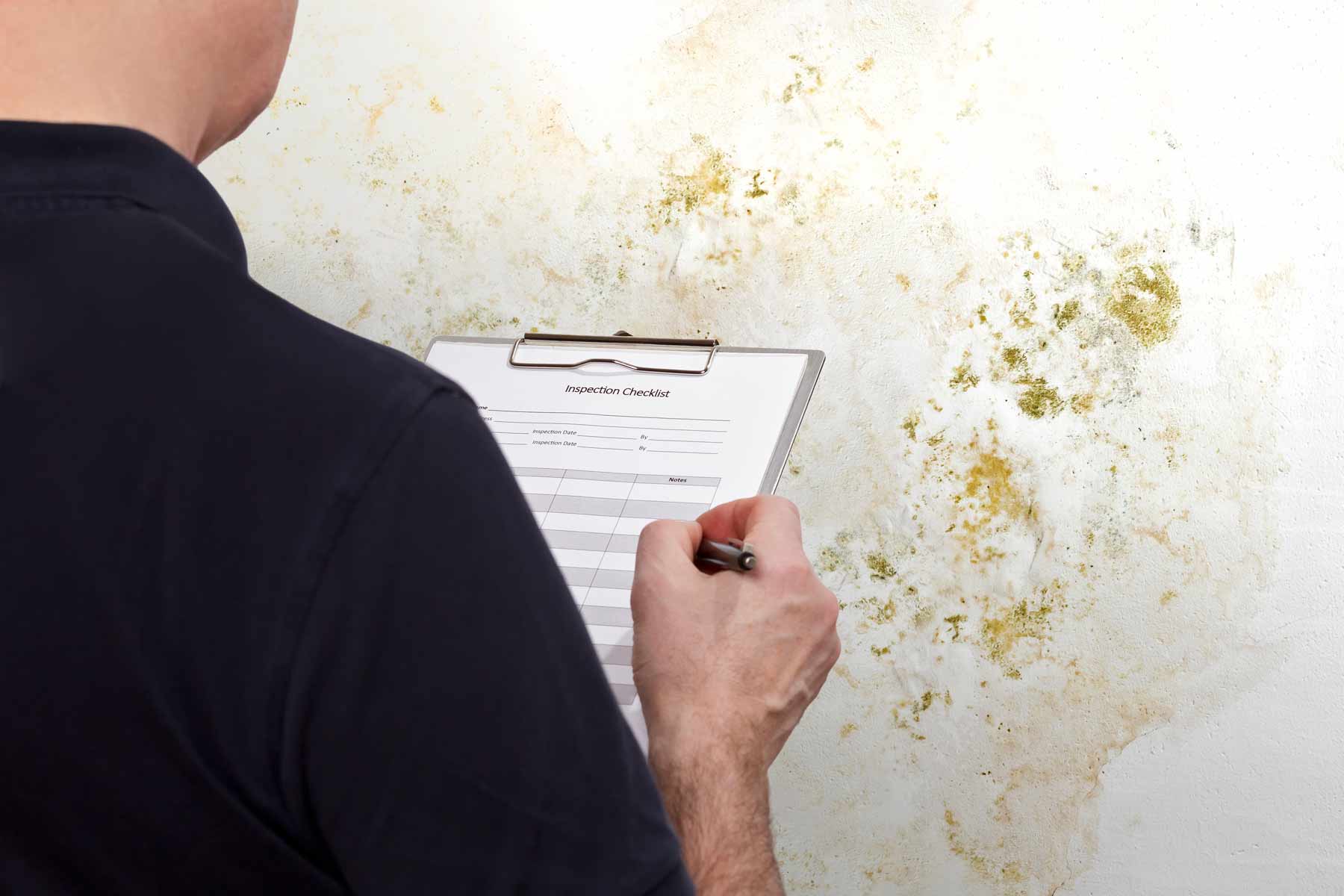
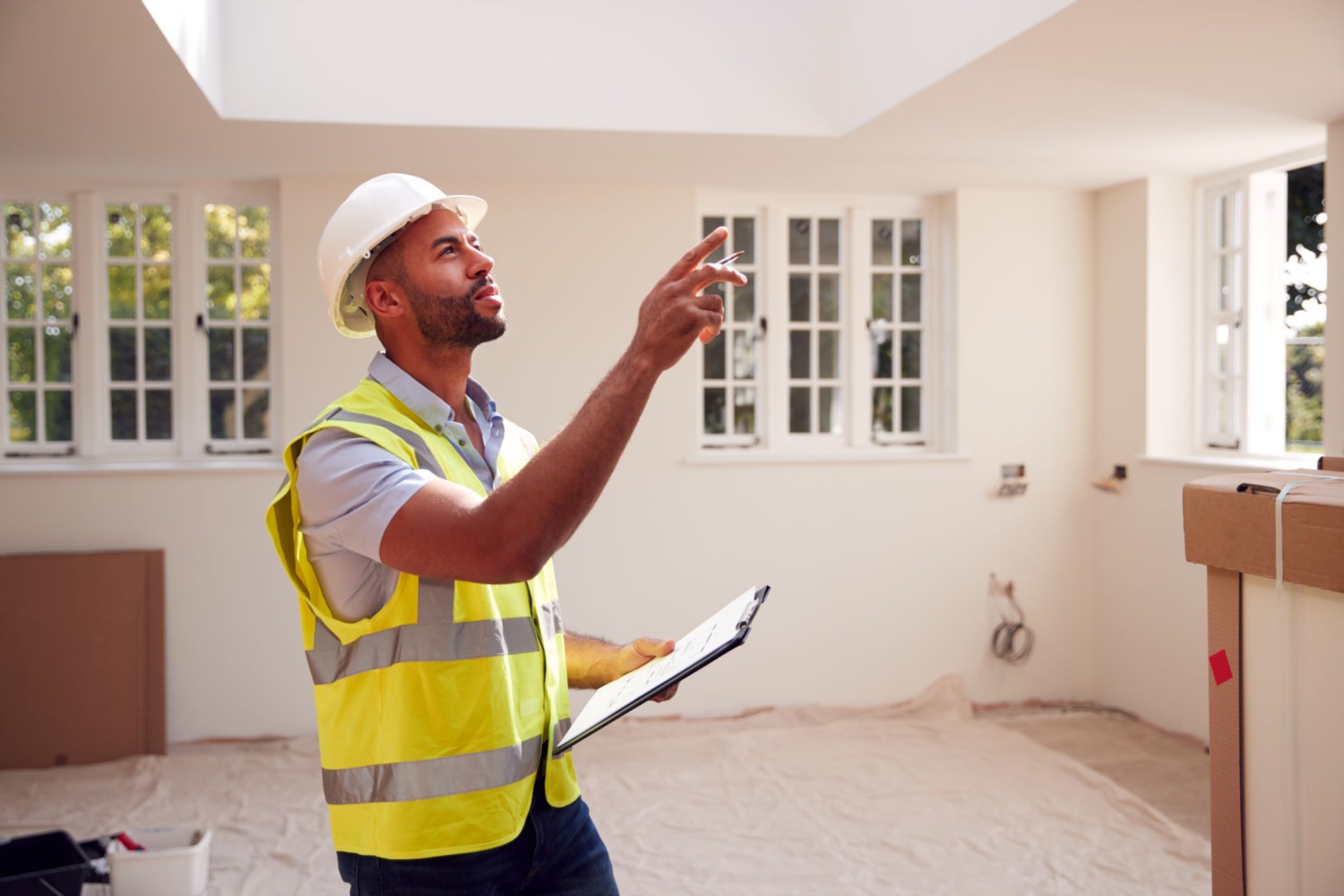
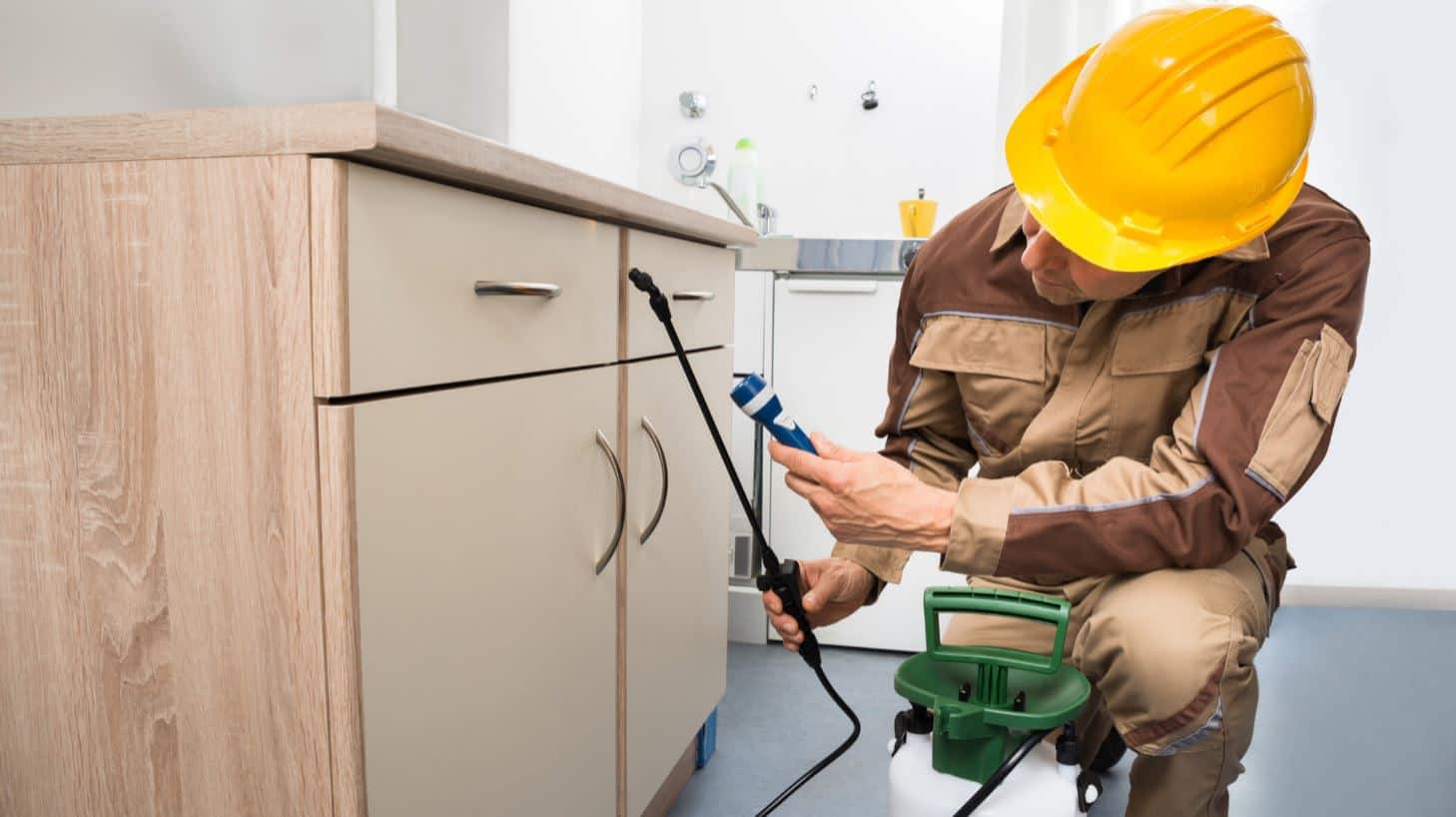
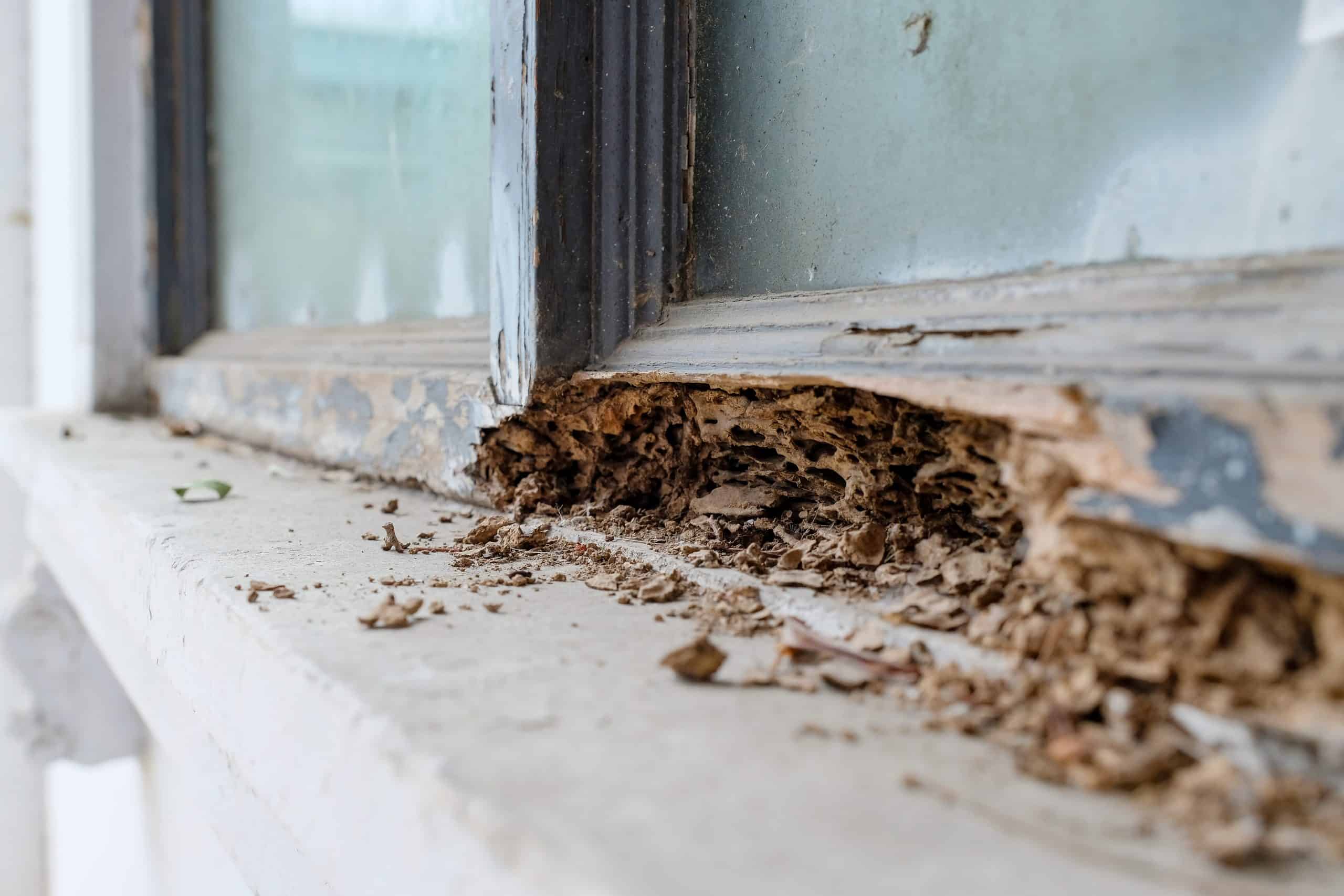


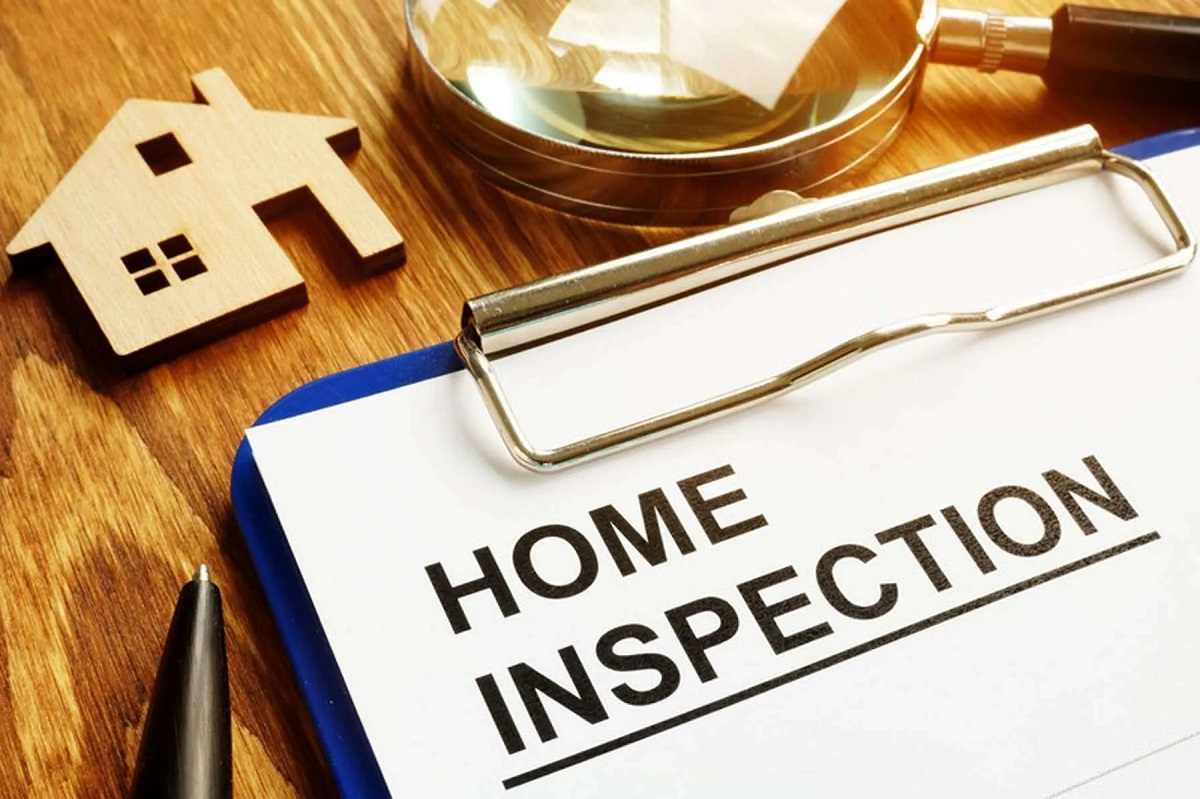


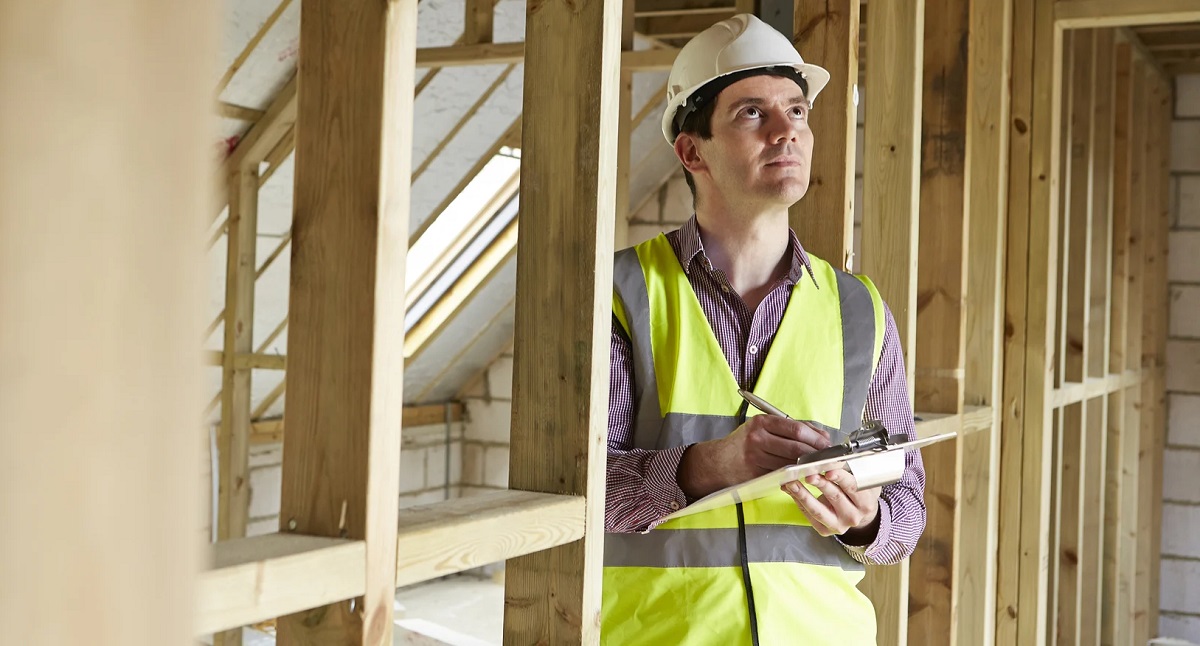


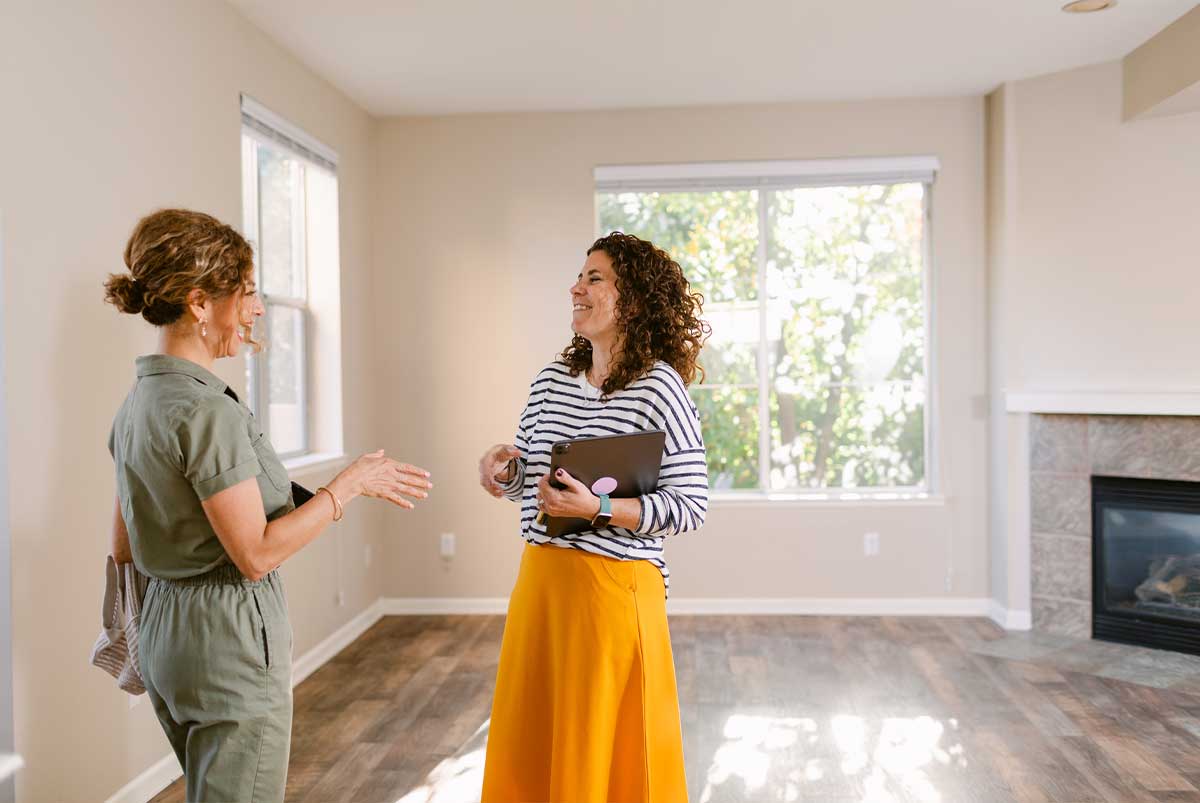

0 thoughts on “Who Schedules Home Inspection For Buyers”